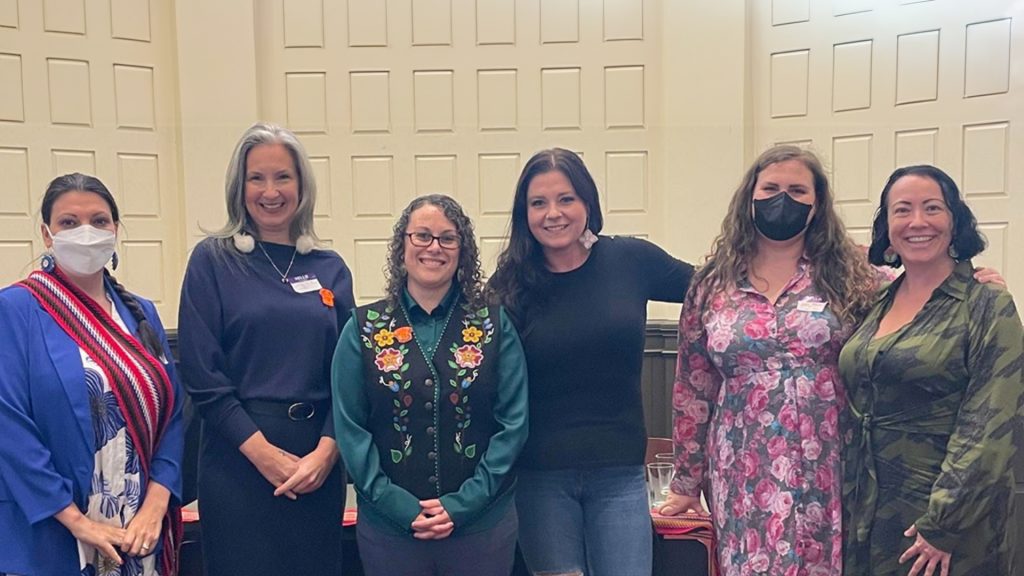
A new journal created solely by Métis thinkers is a dream come true for six scholars who wanted to create a space for Métis voices.
Pawaatamihk: Journal of Métis Thinkers is considered to be the first journal to be nation-specific, birthed out of the need to publish Métis-specific research and amplify voices within the wider Métis community.
“One of the things about being a Métis scholar or being in a Métis community of thinkers is that when we get together and when we share our knowledge – we don’t have to explain who we are. We know who we are” says Laura Forsythe, co-editor of Pawaatamihk with a Ph. D. in Indigenous Studies from the University of Manitoba.
Forsythe says it’s important for Métis to have this channel for their thoughts as historically most writings on Métis people were not conducted by the community.
“For over 100 hundred years, people have written about us. They’re not us, they’re not of us, but they write about us,” says Forsythe.
The first edition tells stories of queer identities, being on the land, and what is happening in academia for Métis people.
All six editors of Pawaatamihk are Métis women who work in universities across the country, and Forsythe says their ability to come together to create this journal is representative of Métis women “as a whole”.
“Métis women have since time immemorial, since the creation of the nation, been the drivers of our communities. We are matriarchal, and our women have always sought out what our community needed and created it,” says Forsythe, “We’re able to see and hear and empathize with our community and recognize what needs to be put in place to help lift up everyone who are doing incredible things.”
Their community approach is found within the name itself. Pawaatamihk roughly translates from Michif and Ininimowin (Cree) to mean “a group of people dreaming” or “collective dreaming” and was given to the journal after a sit-down conversation with Elder Verna Demontigny where they shared their goals for the project.
“In that sharing, she had said to us ‘Well, it really seems to me that you’re dreaming, you’re dreaming of a different future for our people. You’re dreaming about what can be, what are the possibilities if we offer a space that allows us to just simply be Métis and talk about the things that we hope for our people.’,” Forsythe recounts, “And so she said ‘Pawaatamihk, it’s a place where you’re going to be able to dream’.”
Poetry, scholarly papers, and even a book review make up the pages of the first edition of the journal, submitted by Métis wordsmiths across Turtle Island.
Submissions require a ‘community connection statement’ to verify a submitter’s identity, a proactive measure to prevent Fétis – fake Métis – from submitting.
“People in that community connection statement – they share their family names, they share their family communities, they talk about if they have citizenship or if they’re of a collective – how they are recognized in the community,” says Forsythe.
Though submissions are for Métis only, Forsythe says it was important to make the journal free and accessible to everyone and anyone who wants to read it.
“It’s open access which means aunties can read it on Facebook, they can share it in the links,” says Forsythe, “We want community to see what’s happening, we want them to see what’s possible. We want them to see … that if you have a dream, you can actualize it. It doesn’t matter what it’s on, that there’s a space within the community and academy for you.”
Forsythe says we are all fortunate for the hours of dedicated volunteer work of the Métis women who made Pawaatamihk possible.
“It has been an absolute privilege to work alongside all of these women and we look forward to welcoming other people into the circle as the journal grows over the next couple of decades.”









